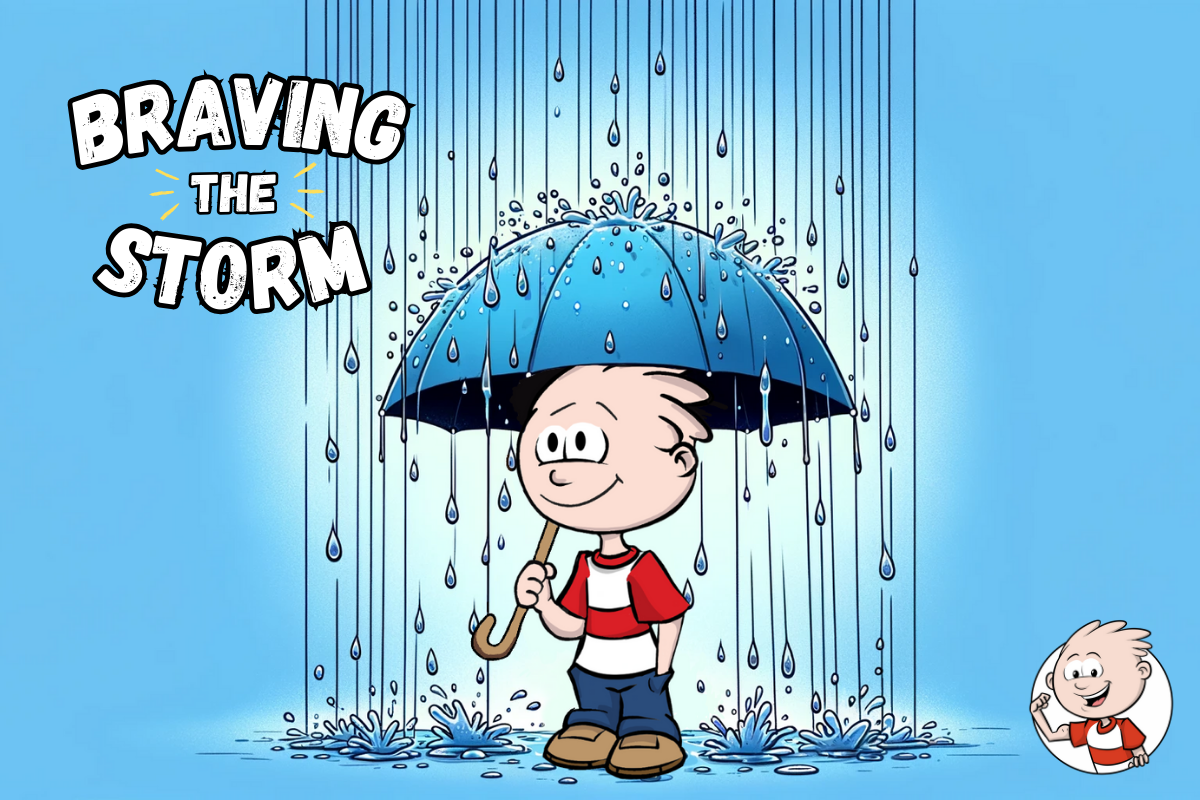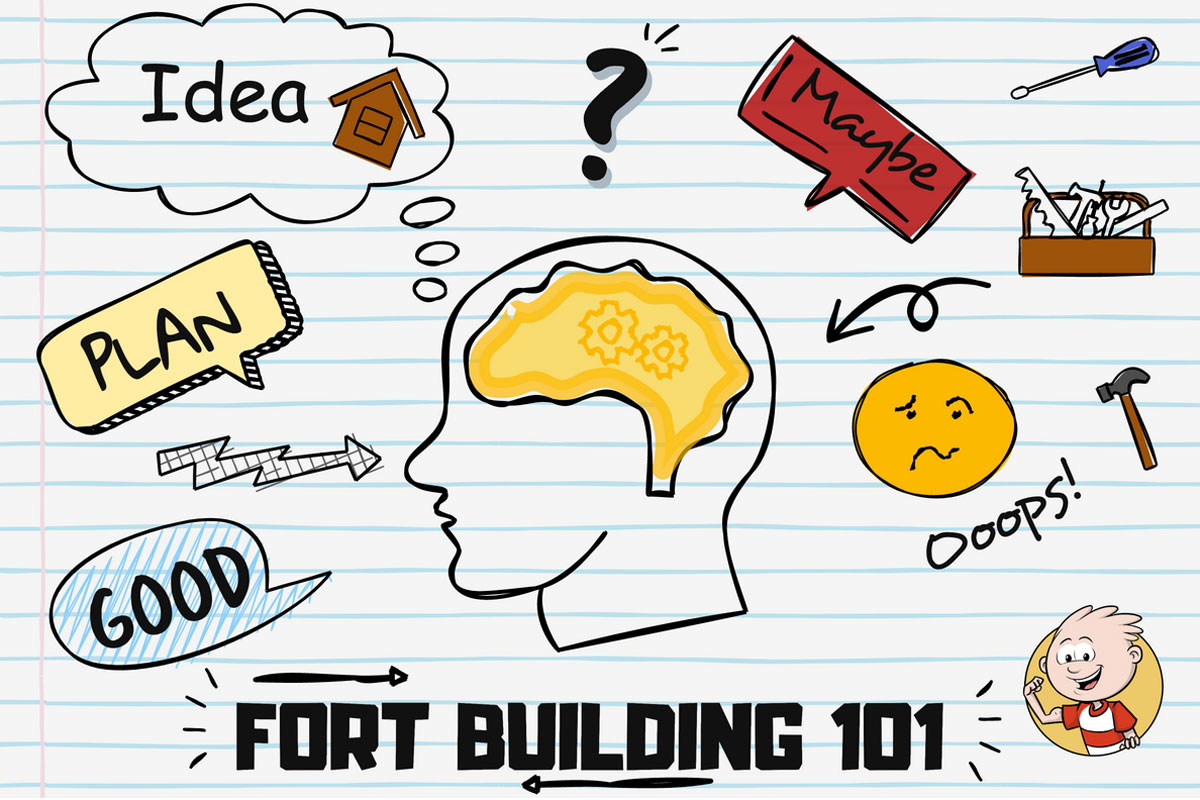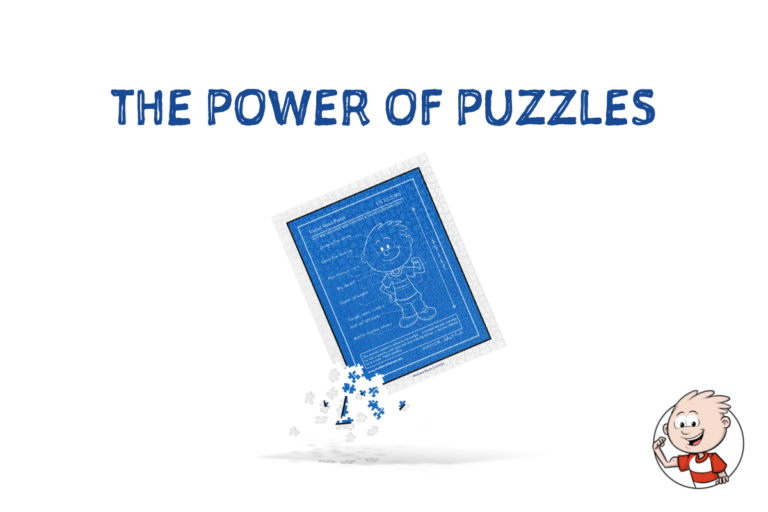Braving the Storm
Building Resilience in Boys
Inspired by The Manhood Manual book series, our e-newsletter brings parents and educators a blend of fun stories, challenges, and growth lessons for boys on their path to manhood. Expect a COOL IDEA for engaging learning, a BIG PROBLEM to ponder about growing up, and a LESSON LEARNED to help build remarkable boys.
Are we raising our kids right? Regardless of the stage we’re in with raising our kids, here is a fascinating bit of information:
“Several new studies indicate that the quality of the time parents spend with their kids is more important than the quantity, but “quality” is not related to special occasions or expensive outings. It has to do with the tone and intimacy of the activities we share in the course of an average day—eating, driving somewhere, doing yard work, hanging out, shooting hoops—and the attitude of the parent involved. If parents enjoy the time they spend with their kids, that greatly contributes to the quality for everyone. So it may be simpler than we think. Within our hectic and over-scheduled days, salvation may lie in the small moments and casual conversations that add up to a deep and enduring relationship with our children. Like so much in this unprecedented era, it’s counterintuitive, and we’ll need to keep relearning it as we and our children grow.”
This month, we’re braving the storm head-on by focusing on quality time and equipping our boys to manage daily uncertainties with a simple project.
The Cool Idea
The Problem-Solving Treasure Hunt
In our rapidly evolving world, equipping our boys with the ability to confidently tackle uncertainty is more important than ever. This month’s Cool Idea introduces the Problem-Solving Treasure Hunt, a fun and educational activity designed to sharpen essential life skills in an enjoyable way.
How It Works:
Organize a treasure hunt in your home, backyard, or a nearby park, with each clue solved by cracking a creative problem or puzzle. These could range from math puzzles woven into stories, to riddles that push them to think differently, or physical challenges that promote agility and teamwork.
Why It’s Great:
Beyond the excitement, this activity is a fantastic method for enhancing mental agility, problem-solving capabilities, and adaptability. It teaches boys the value of persistence, resilience, and innovative thinking—key skills for navigating today’s world.
Getting Started:
- Plan Your Clues: Draft a variety of puzzles and problems. Include a mix that appeals to different abilities, like logic puzzles, word games, and physical tasks.
- Set a Theme: Add excitement by theming your treasure hunt. Pirates searching for treasure or detectives on a case can make the experience more immersive.
- Utilize Resources: Visit the Toolkit for Kids at manhoodmanual.com for inspiration and printable resources to kickstart your planning.
- Hide the Clues: Place your puzzles around the chosen area. Ensure clues are challenging but achievable, leading them to the next step.
- Choose the Treasure: Reward their effort with something special, whether it’s a small prize, a new book, or a much-anticipated activity.
Success Tips:
- Promote Teamwork: Encourage group participation to enhance collaboration and communication.
- Be Adaptable: Offer hints if they’re struggling. The aim is to stimulate, not to discourage.
- Reflect Together: Discuss the challenges and solutions post-hunt to reinforce lessons on resilience and adaptability.
This Problem-Solving Treasure Hunt isn’t just entertainment; it’s a practical exploration of adaptability and resilience. Through overcoming obstacles, boys learn to see challenges not as barriers, but as opportunities for growth. Ready, set, hunt!
The Big Problem
“Ready or Not” by Madeline Levine is a thought-provoking book for parents and educators alike. Levine, acclaimed for her previous works “The Price of Privilege” and “Teach Your Children Well,” explores the impact of current parenting and educational approaches. Her central thesis is that these methods are not adequately preparing children for an increasingly uncertain future.
Levine previously highlighted the flaws in parenting practices among privileged families and challenged the notion that academic success is the sole aim of parenting. In “Ready or Not,” she builds on these ideas, arguing that overprotective parenting and a relentless focus on academic excellence are hindering children’s ability to cope with future challenges.
In a world that’s rapidly changing and often unpredictable, Levine observes that parents are intensifying the pressure on their children to succeed. This approach, combined with parental stress that inadvertently affects children, results in young individuals who are overwhelmed, stressed, and unprepared for what lies ahead. Focusing primarily on academic achievements is leaving children ill-equipped to navigate future complexities.
However, Levine offers hope by identifying key skills necessary for success in a turbulent future. Drawing from the latest findings in neuroscience and insights from leaders across various fields, she pinpoints essential attributes like adaptability, mental agility, curiosity, collaboration, tolerance for failure, resilience, and optimism. Most importantly, she provides practical strategies for parents and educators to help children develop these skills.
References:
The Lesson Learned
As we wrap up this edition of The Manhood Minute, we’ve journeyed through the importance of equipping our young adventurers with the skills to navigate life’s unpredictable storms. Inspired by Madeline Levine’s insights, we’ve underscored the need for adaptability, curiosity, and the courage to embrace mistakes as opportunities for growth.

Through creative endeavors like the Problem-Solving Treasure Hunt, we’ve seen how challenges can be transformed into exciting learning experiences, fostering mental agility and resilience. This playful approach to problem-solving not only prepares them for the unknown but also instills a sense of joy and curiosity in the face of obstacles.
The key takeaway? Building resilience is less about avoiding the storm and more about learning to sail in changing winds. Let’s continue to guide our boys with humor, creativity, and compassion, ensuring they grow into men ready to face the future with confidence and optimism.
Invest a minute and inspire a lifetime . . .









